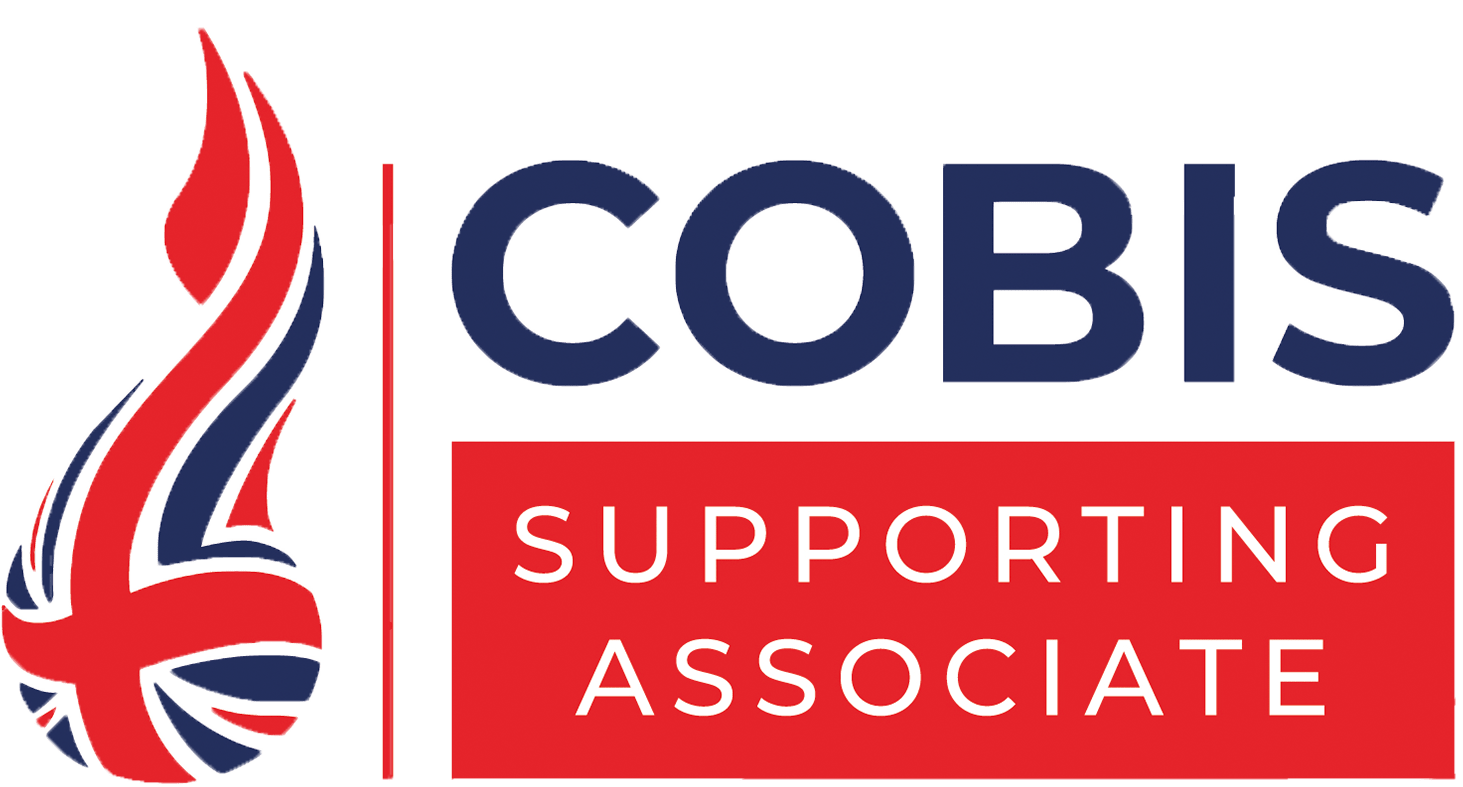In this blog, our newest Advisory Board member, Mick Walker, explores whether we can trust teachers’ assessments. You can read more about Mick’s work in a previous post, found here.
It is now around three years since the revised primary National Curriculum was introduced into our schools and the use of National Curriculum levels was scrapped.
The removal of National Curriculum levels was absolutely the right idea as they had developed into meaningless shorthand. Even more so when fragmented into nefarious sub-levels! This should have been the ‘green light’ for schools to show their worth in applying more appropriate assessment systems. Unfortunately this has not been borne out in practice. Even three years down the line, too many schools are still in danger of wasting the opportunities presented by simply looking for something to replace levels as closely as possible.
Such schools are driven by what is effectively an addiction to what was a national system of levels that negated professional dialogue about what assessment in schools is actually for. In short, 27 years of applying a statutory system has brainwashed the profession, making first-hand experience of curriculum and assessment development a rarity.
So levels have gone, but the obsession for tracking progress, usually in the form of moving from one sub-level to another sub-level, is deeply ingrained. Unfortunately, this approach is as scientific as drawing a route from Camelot to Mordor – or what I’ve seen described elsewhere as graphing a mathematically precise line from an unwarranted assumption to a foregone conclusion. This is precisely why levels were banished and potentially misses the chance to make assessment about high-quality teaching and learning. I have no issue with tracking parcels, satellites or aircraft, but not children.
Instead we should focus on teaching pupils what they need to know, making valid assessments to see if they have ‘got it’, and finding ways to support those pupils who have yet to get it.
This is what the teaching profession should be actively promoting. Sadly, the profession has shown assessment as its Achilles’ heel. The NAHT Assessment Commission cited the lack of trust in teacher assessment – compounded by the fact that much of the mistrust sits within the profession as much as from beyond. Until the profession can demonstrate a collective worth and expertise in assessment, supported by robust research, it will continue to be subjected to a reliance on external assessment as the key measure. This is all unnecessary: teachers are highly capable people, they just need access to the knowledge and practice of assessment, be it during initial training or part of their continuous professional development. They then need time and confidence.
Unfortunately, as highlighted in the Carter Review of ITT, high-quality instruction in assessment theory and practice is limited during the initial teacher education phase – as is access to high-quality, ongoing CPD. Such an environment does little in providing confidence in the validity and reliability of teachers’ assessments, especially in high-stakes assessments. One result of this is that teachers are becoming marginalised in the assessment process: for example, the impending removal of KS1 assessments and the scarcity of coursework and controlled assessments in general qualifications. Some colleagues welcome this as a reduction in workload. I don’t. It undermines the professional standing of teachers. Yes, workload is an issue and must be brought under control. But in viewing assessment as the work of the devil, we are in danger of throwing out the baby with the bath water. Assessment is integral to high-quality teaching and learning: it is not an add-on. It can be used to guide teaching and learning, check the effectiveness of instruction and, if designed and used appropriately, as an accountability measure.
We must work hard to reinstate trust in teachers’ assessments, and there is hope. In recent times there has been a revitalised interest in educational research and the promotion of an evidence-based profession. But research needs to be of high quality and relevant, or else we will be back in the mid-1990s, when educational research was subject to public criticism for its obsession with methodology and its lack of applicability to the classroom. Fortunately, organisations like EBE are at the forefront of promoting high-quality, relevant research with a focus on promoting the essential assessment knowledge and skills needed by teachers. I am therefore delighted to be appointed to their Advisory Board.
Over my time as a teacher and government adviser, I have witnessed first-hand the erosion in confidence in teachers’ assessments – at all levels. This has provided the driving force for my own current research interest at the University of Leeds. I want to understand what teachers actually know about assessment and what we need to do to make better use of their unique position in the teaching and learning process. As a part of this work, I have developed a survey for teachers, designed to gain an understanding of the content of their initial teacher education courses. It is not a test of capability, but rather a check on what they experienced during initial education and any further CPD. It takes about 15 minutes to complete.
If teaching is to become an evidence-based profession, we need to encourage participation in research. Following the link below to my survey is but one small contribution – but one for which I would be very grateful!
We look forward to working more closely with Mick in his Advisory Board role over the coming months and years. For more on our work in the assessment world, check out our Assessment Lead Programme.





